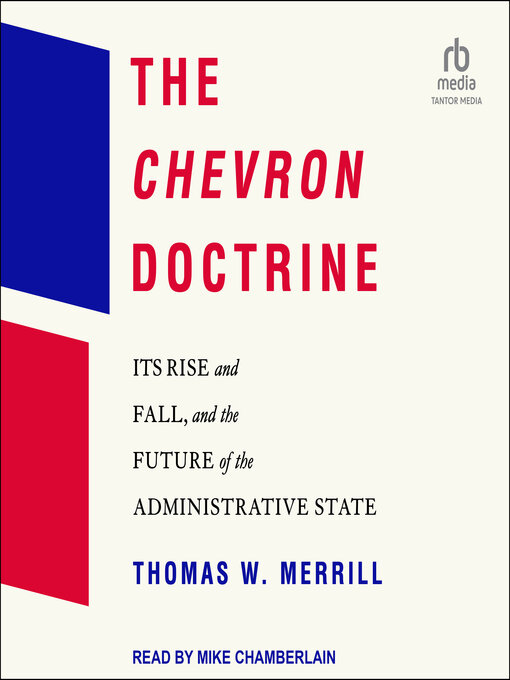- Just Added
- Popular Audiobooks Without the Wait!
- Summer Listening
- Listen While You Workout
- See all audiobooks collections
- Favorite Magazines
- Crafting & DIY
- 中文(简体
- Travel & Outdoors
- Health & Fitness
- Business & Finance
- Fashion
- Entertainment
- Home & Garden
- News & Politics
- Food & Cooking
- Revistas
- Health & Fitness Magazines
- See all magazines collections
